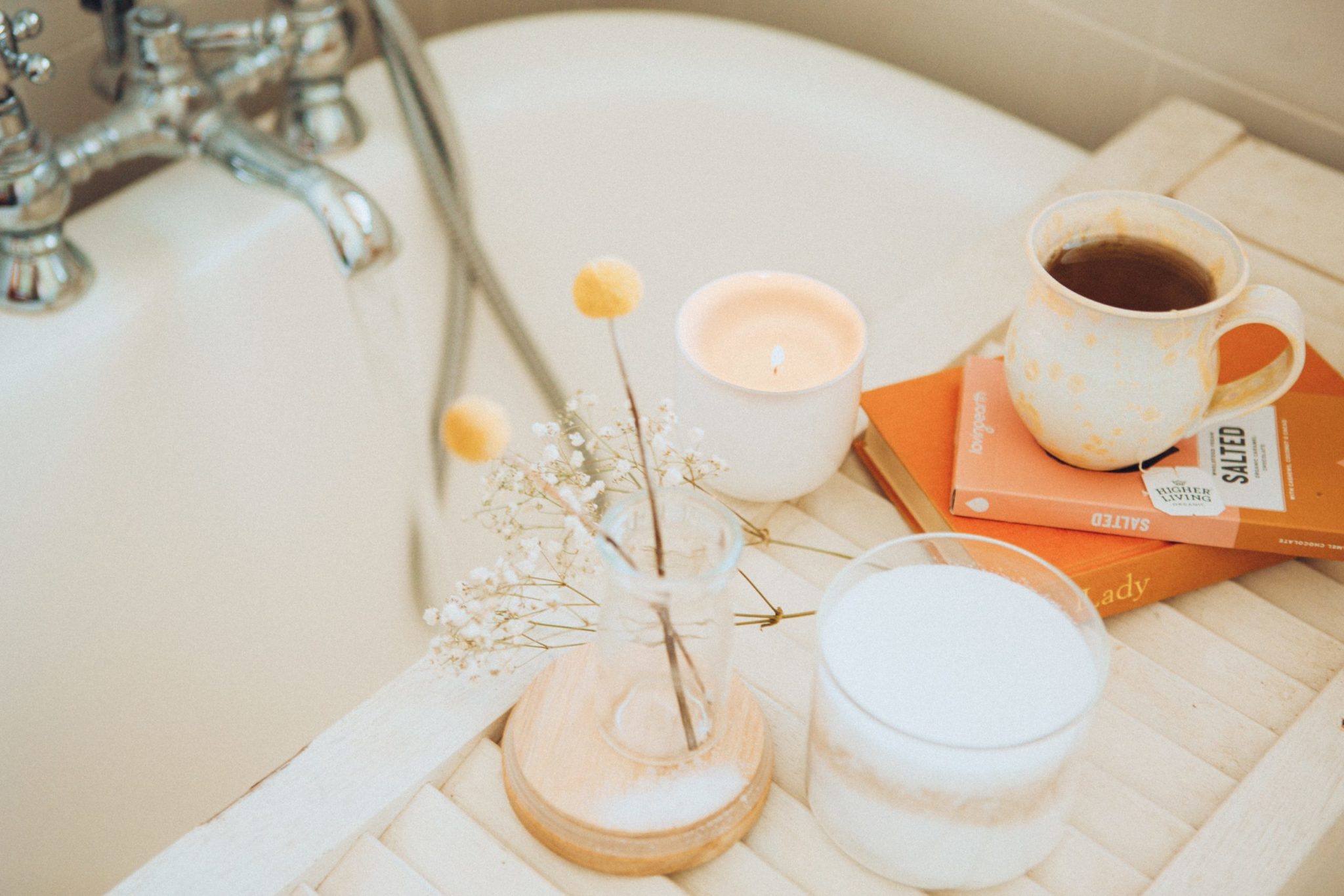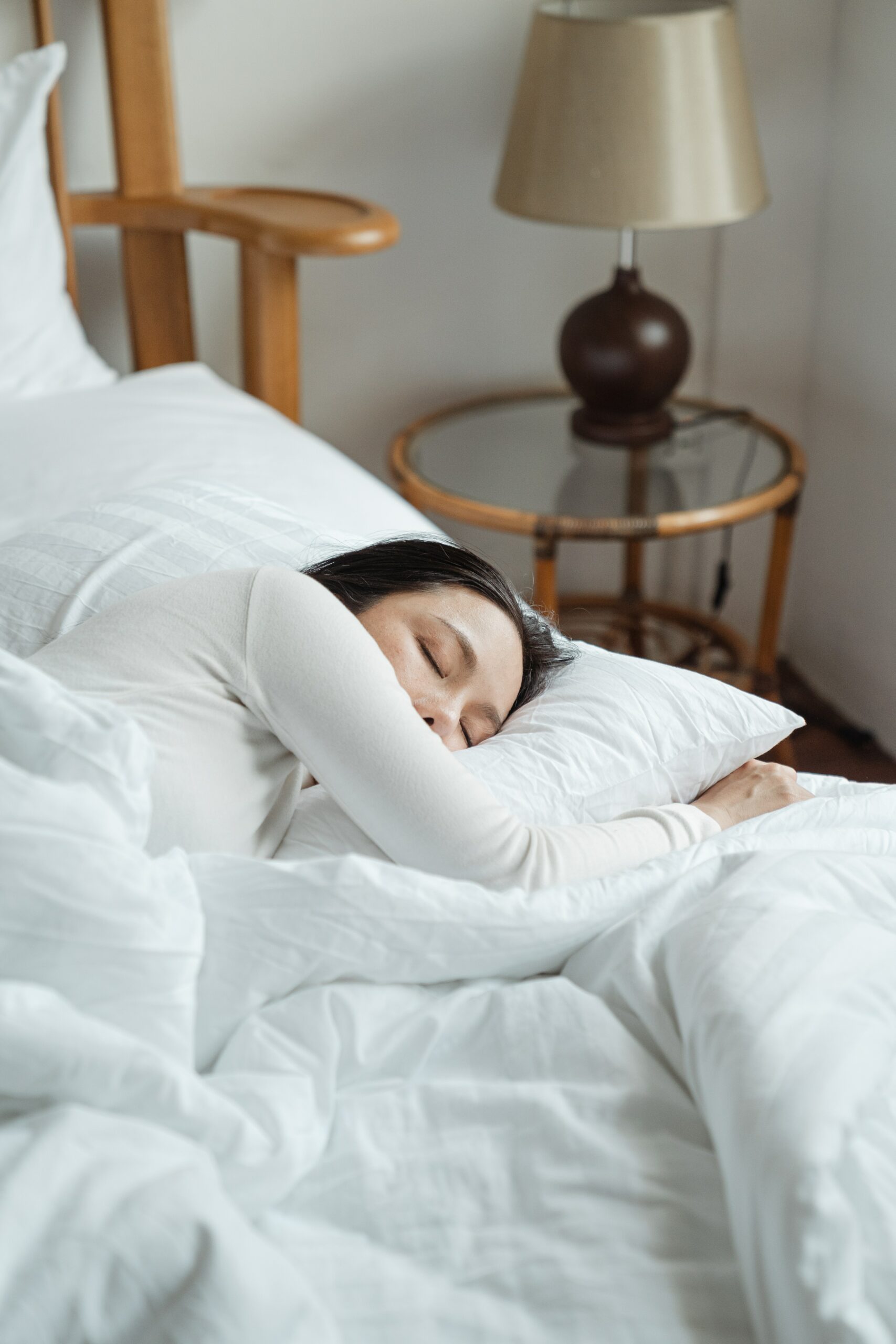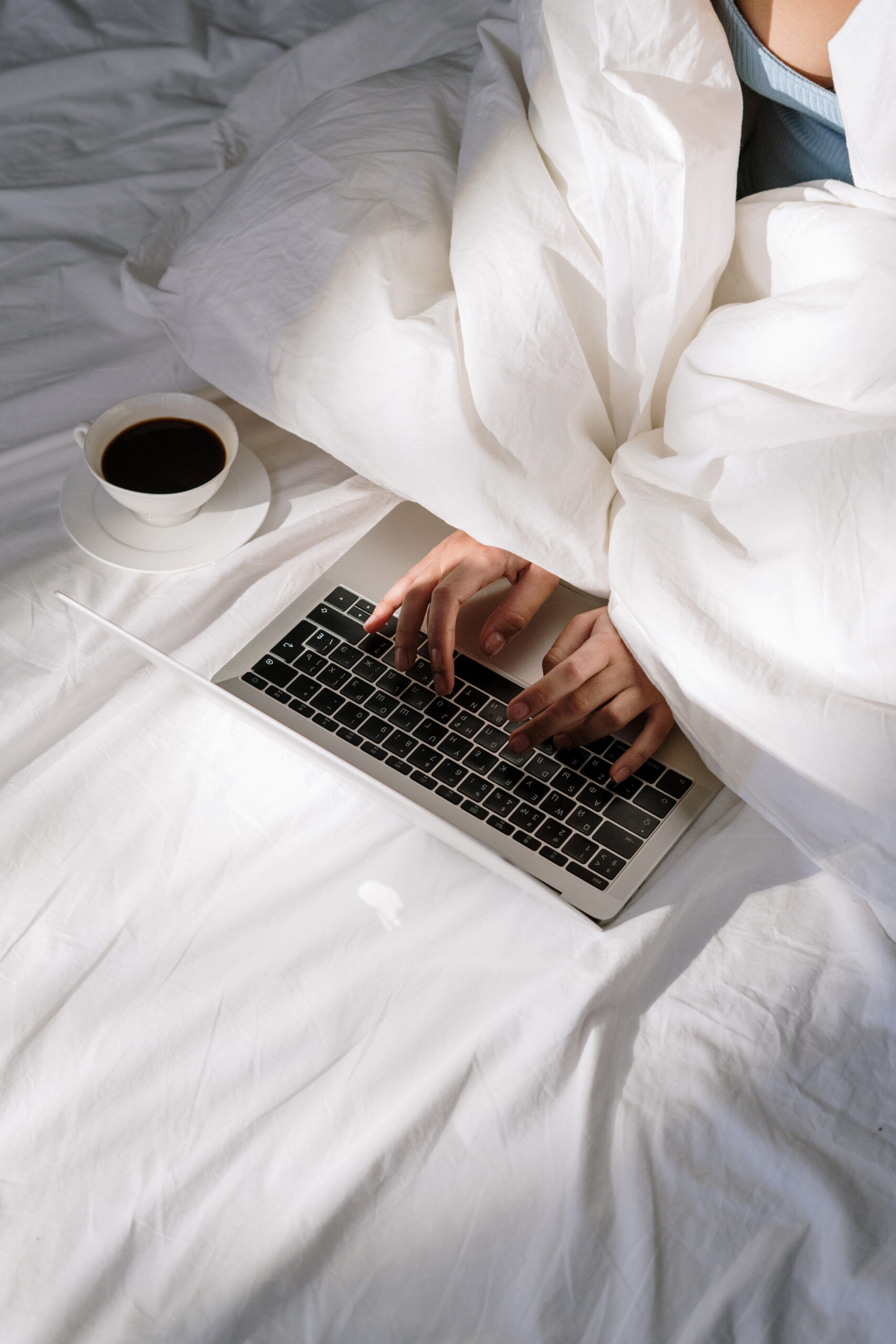The Importance of Self-Care
Are you looking for information on self-care?
Parker Practice's top tips on incorporating self-care into your life are regular topics in our email newsletter, why not subscribe below?

Self-care is a term that we hear a lot – it’s mentioned in magazines, on social media and talked about amongst our friendship groups. But what is it and how can it help you? In this article, we look at what self-care is, how it can benefit you and how it can help promote weight loss, as well as some of the Louise Parker team’s top tips on incorporating self-care into your life.
What is self-care?
The World Health Organisation defines self-care as “the ability of individuals, families and communities to promote health, prevent disease, maintain health, and to cope with illness and disability with or without the support of a healthcare provider”.
In a nutshell, self-care is practising any activity that helps us to look after our health and wellbeing, whether that’s physical, mental, emotional or spiritual.
Self-care is often overlooked or completely forgotten in and amongst the busy, connected and often chaotic lives we lead. Oftentimes, we put the care of others before ourselves, neglecting to think about putting our needs first (or, when we do, considering it an indulgence, rather than a necessity).
The first thing that springs to mind when you think about self-care might be booking yourself a massage, going for a manicure or soaking in a nice warm bubble bath while your husband wrangles with the kids. Whilst these are all valid self-care techniques, there are so many others that you may not have even considered.
At Louise Parker, we see self-care as punctuating your day with a selection of pleasures. Instead of solely focusing on the future, like your next big holiday, focus on your present and what brings you pleasure on a day-to-day basis. Why not make a list of some of the things that bring you pleasure in your everyday life? Whether that’s reading with your children before bedtime, enjoying a deliciously frothy cappuccino or that feeling you get when you’ve finished your yoga class.
What else counts as self-care?
- Catching up with friends or enjoying a delicious meal with loved ones.
- Choosing to eat more nutritious foods over sugary, fatty foods.
- Making sure you get enough sleep – proper sleep that is, not the kind where you doze off in front of the television and wake up at 2am with crippling neck pain.
- Digitally detoxing. This might include switching off emails after 6pm and not looking at them until 9am the next day or reading a physical book rather than a digital version.
- Giving your eyes a break if your job involves staring at a screen all day. Practise the ’20-20-20’ rule of every twenty minutes, looking twenty feet into the distance for twenty seconds.
- Scheduling in time to go to your favourite yoga class.
- Saying ‘no’ to attending post-work drinks every night of the week.
- Attending your doctor’s appointment for your yearly health MOT rather than putting it off because you have kids to look after, work to do or parents to care for.
- Making ceremony of your meals wherever you can, even if that simply means choosing to sit down, disconnecting from your digital devices, or serving your food on a proper plate instead of Tupperware.
What are the benefits?
- It can help to reduce stress and anxiety.
- Reminds us (and others) of the importance of our own health and wellbeing.
- Taking care of ourselves can help us to better take care of others.
How can self-care promote weight loss?
Not all self-care will have a direct or obvious link with weight loss (you’re probably wondering how can switching off your emails at 6pm help you lose weight) but if something is helping put you in a better frame of mind then it’s going to have a positive impact on everything else you do. Some self-care practises have more obvious links with managing your weight, for example:
Improving your sleep
Getting better-quality sleep can help your body to regulate your hormones more efficiently. When we’re sleep deprived, our bodies release an excess of the ‘hunger hormone’ ghrelin which increases appetite. It also reduces leptin, the hormone that tells our brain that we’re full, so together, it becomes a challenge to manage your eating habits. Not only does sleep deprivation wreak havoc with your hormones, it also activates the brain’s reward centre, meaning that you may be more prone to craving foods high in sugar and fat (your brain may have trouble saying no to a second slice of cake!) If you’ve had a good night’s sleep you’re also likely to feel more energised, focused and motivated to make choices in support of your goals, like getting to your exercise class or going for that walk. Such is the importance of sleep to your lifestyle transformation, that our clients on our Group Webinar Programme spend an entire session dedicated to ‘The Art of Sleep and Stress Management’.
Eating well
Planning and preparing a balance of delicious and nutritious foods you love and keeping yourself beautifully hydrated are vital in ensuring your body is well nourished for you to live, work and play at your optimum. Eating well will also provide your body with the energy it needs to support your physical activity levels, for your day to day movement and that pilates or spin class you’ve been looking forward to.
Managing stress
When we’re stressed our body releases a hormone called cortisol. Whilst the role of cortisol is an important part of our stress response, in times of prolonged stress it can often mean that the body doesn’t have a chance to return to its relaxed state. This prolonged increase and excess of cortisol can cause disruption to your body’s processes, including weight management and specifically fat storage.
What if I don’t have time for self-care?
- Carving out space in your diary, even if it’s in small pockets of time, is a helpful way to prioritise self-care. It acts as a reminder to yourself to do something for yourself at that time. If others have access to your diary it also serves as a reminder to them that that time is for you.
- ‘Think in ink’ – write down your self-care goals for the week as a concrete reminder of what you want to achieve. The more specific, the better. Saying you want to ‘exercise more’ is too vague – instead commit to going to your Pilates class on Tuesday and Thursday that week or spending 30 minutes in the gym on Wednesday morning, for instance. This will help keep you focused and your goal clear in your mind.
- Remember that self-care doesn’t have to last for hours, it can be as much or as little as you’d like.
- Remind yourself of the importance of self-care – when you’re considering skipping your morning run because you want to get into work early, remind yourself how good you’ll feel after it and how it will help you feel energised and ready for the day ahead.
Our top tips:
- Set aside time specifically dedicated to you. This will place a value on the time and encourage you to actively prioritise self-care until it becomes your new normal.
- Consider learning a new skill – meditation can be a great way to reduce stress and help you relax. Apps such as Calm and Headspaceare a great place to start. If you’re in or can get to London easily, the London Meditation Centre offers free hour-long introductory meditation sessions to help you find out a bit more about Vedic meditation and how it can work for you.
- Integrate breaks into your day – if you’re at work try and get out at lunchtime, even if for a brisk ten-minute walk. This time away will give you some time to decompress and come back to work with a (slightly more) refreshed mind.
- If work is a big stress factor for you, is there anything you can do to help alleviate some of that stress? Whether it’s speaking to a senior team member about your workload or priorities, being able to work from home more so you reduce your weekly commute or making a commitment that you’ll have lunch away from your desk at least twice a week.
- Find exercise that works for you! Whether that’s yoga, cycling, a spin class or swimming. If you dread going to the gym to pound it out on the treadmill for an hour don’t do it! The more you enjoy the exercise you do, the more likely you’ll stick to it.
- Take a moment to reflect on what activities or things in your day to day life give you pleasure. Write these down and use them as a reminder to make time for them as often as you can.
- One of Louise’s top tips is to use your birthday month as a reminder to schedule in all your healthcare checks. Whether that’s a trip to the dentist, going for your smear test or getting your mammogram done, use your birth month as a reminder of the importance of you.
Self-care ties in to all four pillars of the Louise Parker Method: Eat Beautifully, Work Out Intelligently, Think Successfully and Live Well. For more information on Louise’s Method and how we can help you to reach your weight loss goals, get in touch.
& More
Receive 10 free recipes to your inbox!
Sign up and we will send you 10 free recipes






